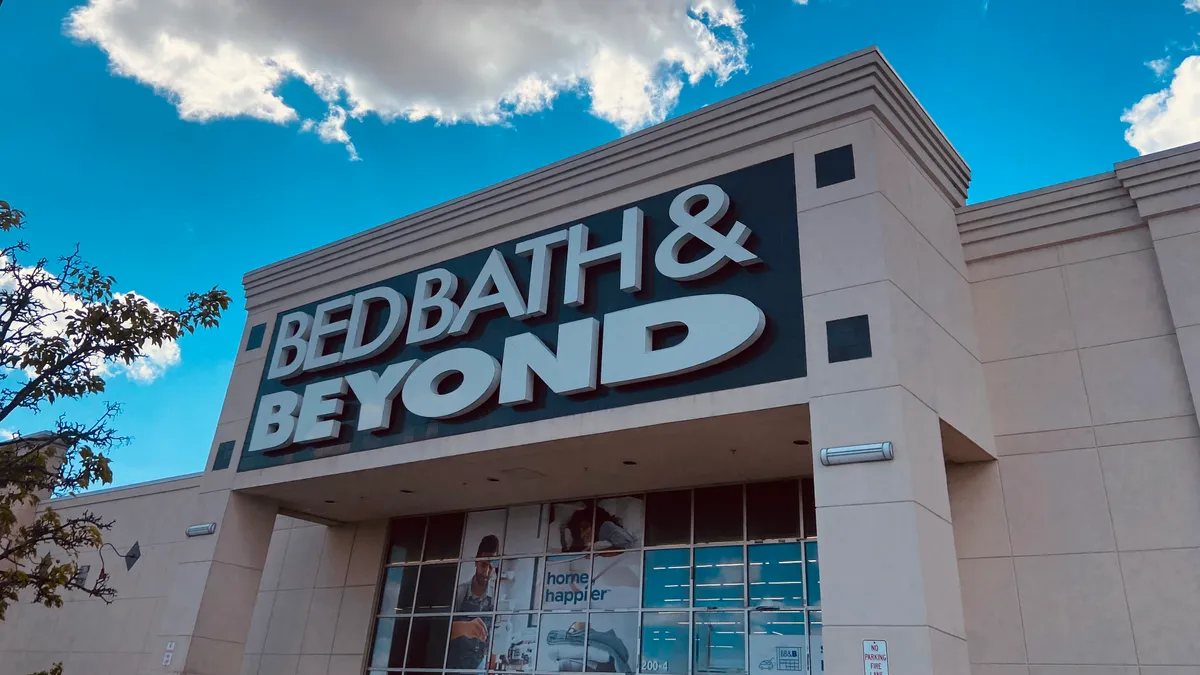There’s a story about a man whose daughter was receiving coupons from Target for baby clothing and cribs. Angered because he thought Target was encouraging his teenage daughter to have a child, the man rushed to his local store and berated the manager for the mailer. A few days later, the man receives a phone call from the Target manager, further apologizing. The father stops him and says, “It turns out there’s been some activities in my house I haven’t been completely aware of. She’s due in August. I owe you an apology.”
How did Target know? Data analytics. Based on previous shopping experiences, searches on its website, and other vital statistics, the retailer was able to connect the dots with surprising accuracy. The rise of online shopping changed the ground game for retail. Cornerstones such as impeccable customer service, unique window displays, and cut-throat price wars have been forced out to make way for data and analytics, mobile shopping experiences, and targeted advertising.
Target is just one of many major retailers who have deployed statistics teams to optimize its shopping experience. Many retailers are taking it further by establishing startup-like innovation labs, where small teams build the future of digital shopping. Here are five of the most exciting workshops changing the retail experience today.
1. Amazon’s A9
As the company that pioneered the online retail game, Amazon has been at the forefront of data analytics and optimization. In 2003, Amazon created A9, a subsidiary that builds data products for the company and its partners and advertisers. Anytime a customer searches for one of Amazon’s millions of products they use A9’s product search engine, which combines semantic language, previous searches, customer information, and rankings to provide what A9 believes are the best unique results for each customer. Between its product search engine, its “Google Goggles-like” visual search technology, and its home-built advertising platform, A9 has positioned itself as the Google of online retail.
2. WalmartLabs
Walmart is to brick-and-mortar stores as Amazon is to online shopping. The undisputed king of retail with a supply chain and low price structure that is second to none, the retail giant has its own internal development team called WalmartLabs focusing on developing its mobile and online platforms. WalmartLabs’ Spark Studio integrated with the popular social network Pinterest, allowing shoppers to recommend products by pinning them to social pages. In addition, the group’s Polaris search engine brought semantic language and internal metrics to its website, and WalmartLabs has released several open-source frameworks for web developers. Many of these services benefited from Walmart’s acquisitions in the past few years, including companies like Kosmix, Grabble, and, most recently, Torbit, which helps speed up its website for users.
3. Sears’ iRLabs
Sears has become increasingly irrelevant in a retail climate dominated by low prices and online shopping, but the venerable company has been working to improve its targeted sales. The Sears Integrated Retail Labs division takes data analysis from the retailer’s “best customers and members” in order to provide tailored coupons and ads. iRLabs’ flagship product is Shop Your Way, a mobile coupon service that brings targeted coupons to users based on their search and previous purchase history. iRLabs has a long way to becoming the next A9, but it is encouraging to see Sears devote manpower to consumer data crunching.
4. Target Innovation Center
Target is a more recent entry into the innovation lab space -- the company launched its Innovation Center late in 2012 with a focus on acting like a startup. The team works away from the corporate headquarters in Silicon Valley and focuses on efficiency and speeding up the company’s adoption of new technology. Right now, the innovation center’s leading product is Cartwheel, a coupon engine that integrates with Facebook. Target has been taking data mining seriously for years, but the Innovation Center seeks to take that expertise and craft new products from it.
5. Home Depot Innovation Labs
There’s no fancy name for the new technology group in Home Depot, but its impact has been felt. The Atlanta-based hardware chain acquired Austin, Texas, startup BlackLocus and has been using its team to create a new price-comparison engine. The home improvement retailer uses this to ensure its stores maintain a low price against competitors. A second Innovation Center in Atlanta allows the company to do rapid product testing and use data to tweak the layout of stores for maximum customer access and ease of use.
Would you like to see more retail news like this in your inbox on a daily basis? Subscribe to our Retail Dive email newsletter! You may also want to read Retail Dive's look at four areas where retail is thriving.






















